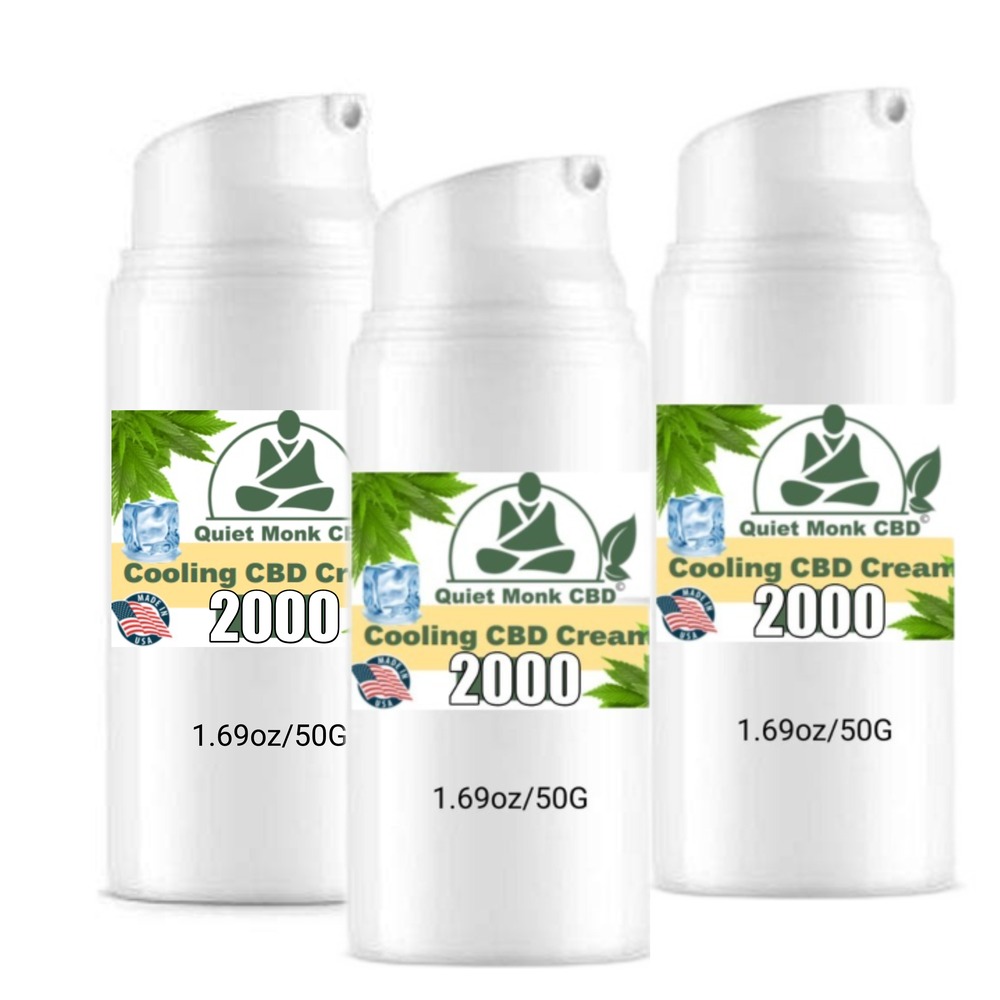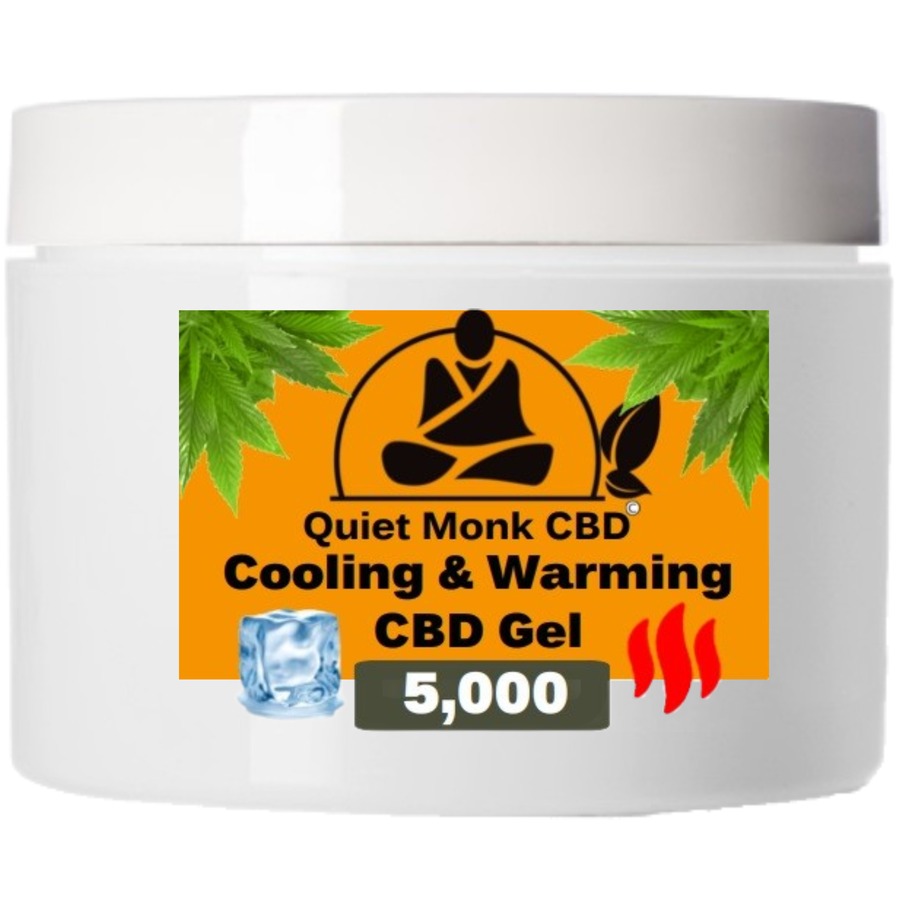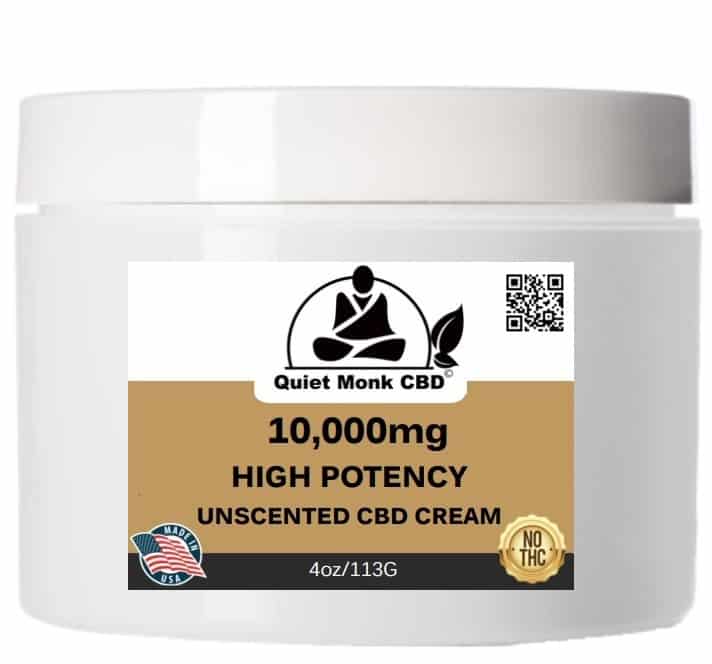CBD, short for cannabidiol, has gained significant attention in recent years for its potential health benefits. There is often confusion surrounding the legal status of CBD in specific states. In the case of Illinois, it is essential to understand the regulations in place before purchasing or using CBD products. This article aims to provide clarity on the legal status of CBD in Illinois and guide readers through the current laws and regulations. information on where to purchase CBD products and the restrictions and requirements imposed by the state will also be covered. Let’s delve into the details surrounding the legality of CBD in Illinois and empower individuals to make informed decisions.
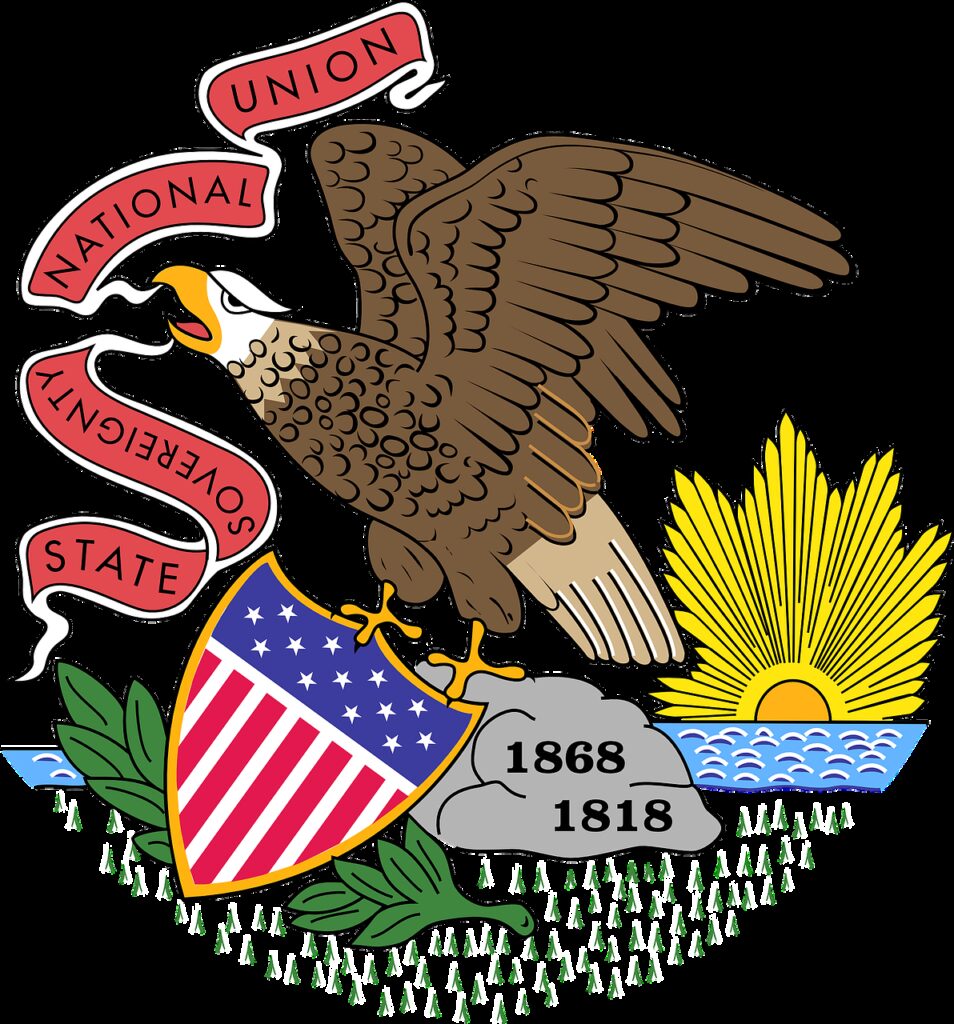
Key takeaway:
- CBD is legal in Illinois: CBD, or cannabidiol, is legal in Illinois for both medical and recreational use. This means that residents of Illinois can purchase and use CBD products without fear of legal repercussions.
- Different sources of CBD have different legal statuses: CBD derived from hemp is legal in Illinois, while CBD derived from marijuana is not. It’s important for consumers to understand the source of the CBD they are purchasing to ensure it is legal in the state.
- Laws and regulations exist for CBD in Illinois: There are age restrictions for purchasing CBD in Illinois, and the state has a medical marijuana program. There are labeling and testing requirements that CBD products must meet in order to be sold legally in the state.
Understanding the Legal Status of CBD
CBD is legal in Illinois if it contains less than 0.3% THC, the psychoactive compound in cannabis. The state allows the cultivation, sale, and use of CBD products that meet this criteria. It is important to have a clear understanding of the legal status of CBD. It is advisable to research the specific laws in your location, as the legality of CBD may vary in other states. To ensure compliance with the law and to guarantee quality, it is recommended to purchase CBD products from reputable sources. Obtaining a proper understanding of the legal status of CBD empowers individuals to make informed decisions about its use.
What is CBD?
CBD, also known as cannabidiol, is a compound that can be found in the cannabis plant. It is one of the many cannabinoids present in the plant, each with their own unique effects on the body. Unlike THC, another well-known cannabinoid, CBD does not produce a sensation of being “high.” This characteristic has contributed to CBD gaining popularity, as it is considered to have potential therapeutic benefits.
Research indicates that CBD may possess properties that are anti-inflammatory, analgesic, and anxiety-relieving. It has been utilized to alleviate symptoms associated with conditions such as chronic pain, epilepsy, and anxiety disorders. CBD is available in various forms, including oils, tinctures, capsules, and topicals.
It is essential to note that CBD can be derived from either hemp or marijuana. When sourced from hemp, CBD that contains less than 0.3% THC is legal on the federal level in the United States. It is essential to be aware that the legal status of CBD can vary depending on the state. In Illinois, for example, CBD derived from hemp is legal, while CBD derived from marijuana is only permissible for medical marijuana patients.
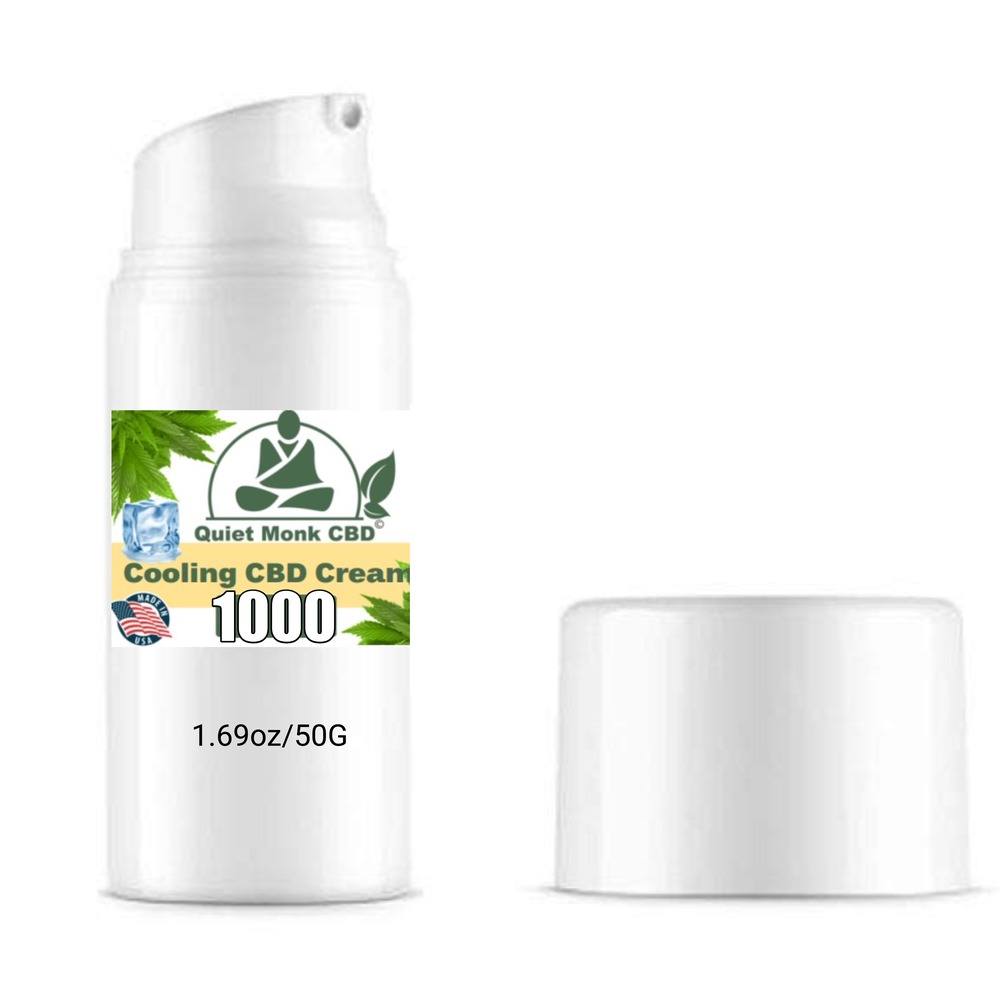
Legalization of CBD in the United States
The legalization of CBD in the United States is a significant development. CBD, or cannabidiol, is derived from the cannabis plant and is popular for its potential health benefits. It is important to note that the legality of CBD in the United States depends on its source.
CBD derived from hemp is federally legal in the United States thanks to the 2018 Farm Bill, which removed hemp from the Controlled Substances Act. This allows for the legal cultivation, production, and sale of hemp-derived CBD products. Hemp-derived CBD must have less than 0.3% THC, the psychoactive compound in cannabis.
On the other hand, the legality of CBD derived from marijuana varies by state. Some states have legalized marijuana for both medical and recreational use, while others have only legalized it for medical purposes. In states where marijuana is legal, CBD derived from marijuana is also legal.
It is important to understand the specific laws regarding CBD in each state, including Illinois, to ensure compliance with local regulations. In Illinois, CBD derived from hemp is legal, but CBD derived from marijuana is only legal for medical purposes. Consumers can purchase CBD from authorized dispensaries or retail stores.
Current Laws and Regulations in Illinois
Current laws and regulations in Illinois regarding CBD are as follows:
- Possessing and consuming CBD products in Illinois is legal if they contain no more than 0.3% THC.
- Dispensaries in Illinois are authorized to sell CBD products for medical and adult-use purposes. Check for proper licensing and certifications.
- Consumers should ensure CBD products are sourced from licensed producers and comply with labeling requirements set by the Illinois Department of Agriculture.
- Illinois has a comprehensive system for regulating the cultivation, processing, and sale of CBD products to ensure quality, safety, and consumer protection.
- Be aware of local regulations and restrictions, as some municipalities in Illinois may have additional rules regarding the sale and use of CBD products.
Fact: Illinois has created a well-regulated CBD market, providing consumers with access to safe and legal CBD products.
Is CBD Derived from Hemp Legal in Illinois?
CBD derived from hemp is indeed legal in Illinois. Thanks to the 2018 Farm Bill, hemp has been removed from the list of controlled substances and is now considered an agricultural commodity. Consequently, CBD derived from hemp can be legally possessed, sold, and consumed in Illinois, as long as it contains less than 0.3% THC.
In Illinois, the cultivation and processing of hemp are regulated by the Department of Agriculture, while the licensing of dispensaries and retailers selling CBD products falls under the jurisdiction of the Department of Financial and Professional Regulation.
It is important to be aware that the FDA has not yet approved CBD as a food additive or dietary supplement. Therefore, it is crucial to purchase CBD products from reputable sources that offer third-party lab testing to ensure both product safety and accurate labeling.
Allow me to introduce you to Sarah, a resident of Illinois who experienced chronic pain due to a medical condition. After thorough research, Sarah decided to give CBD derived from hemp a try. She consulted her doctor and purchased a CBD oil from a licensed dispensary. Fortunately, Sarah found significant relief from her pain by using the CBD oil and was able to effectively manage her symptoms. Sarah truly appreciates the legalization of CBD derived from hemp in Illinois, as it granted her a natural alternative for pain management.
Is CBD Derived from Marijuana Legal in Illinois?
CBD derived from marijuana is legal in Illinois for adults aged 21 and older. It can be purchased from state-licensed dispensaries, but it is illegal to buy from unauthorized sources. It is important to purchase from a licensed dispensary to ensure the product meets safety and quality regulations.
Where Can You Purchase CBD in Illinois?
Looking to get your hands on some CBD in Illinois? Wonder no more! This section has got you covered with all the deets on where to purchase CBD in the Land of Lincoln. From dispensaries boasting a wide range of products to retail stores catering to CBD enthusiasts, we’ll explore the hotspots that offer this popular cannabinoid. So, whether you prefer the expertise of a dispensary or the convenience of a retail store, we’ll help you navigate your way towards your CBD purchase in Illinois. Let’s dive in!
Dispensaries
When purchasing CBD in Illinois, you have two options: dispensaries and retail stores.
Dispensaries specialize in selling cannabis products, including CBD. They are regulated by the state and require customers to show proper identification and medical marijuana cards if applicable. Dispensaries offer a range of CBD products, such as tinctures, edibles, topicals, and more. Some dispensaries may only serve customers registered in the state’s medical marijuana program.
Retail stores in Illinois now carry CBD products, including health food stores, vape shops, and convenience stores. Customers do not need a medical marijuana card to purchase products at retail stores. It is advisable to check the reputation and quality of the brand before making a purchase.
If you want a wide selection of CBD products and expert advice, dispensaries are a good option. If convenience and accessibility are important to you, retail stores may be more suitable. Remember to research, read reviews, and ensure that the products you are considering meet your specific needs and preferences.
Retail Stores
Retail stores are essential for the availability of CBD products in Illinois. They offer a convenient option for consumers to purchase CBD.
Retail stores, including health food stores and specialty CBD shops, have a wide variety of CBD products such as oils, capsules, edibles, and topicals. These stores cater to different preferences and needs, ensuring that customers have a range of options.
When shopping at retail stores, it is crucial to ensure that CBD products come from reputable manufacturers and have accurate labeling with CBD content and ingredients. Retailers should also provide information on testing and quality control measures for product safety and effectiveness. Purchasing from trusted retail stores gives customers confidence in the quality and legality of the CBD products they purchase.
The CBD market has experienced significant growth in recent years, and retail stores have played a vital role in meeting the growing demand. With the expansion of the industry, more retail stores are expected to offer CBD products, giving consumers more options and easier access. When buying CBD in Illinois, it is advisable to visit retail stores that specialize in CBD products to find the right product for your specific needs.
What are the Restrictions and Requirements for CBD in Illinois?
Discover the ins and outs of CBD in Illinois as we uncover the restrictions and requirements surrounding its usage. From age limitations to the state’s medical marijuana program and the stringent labeling and testing regulations, we’ll dive into the details you need to know. So, whether you’re a user or simply curious, we’ve got you covered with all the essential information on CBD in Illinois.
Age Restrictions
In Illinois, age restrictions exist for purchasing and consuming CBD products. It is important to follow these regulations to comply with the law. Minors under 21 cannot buy or possess CBD products in Illinois. This applies to both hemp-derived and marijuana-derived CBD.
These age restrictions protect the well-being of minors and ensure responsible use of CBD products. Retail stores and dispensaries must check ID to confirm customers’ age before selling CBD products.
Illinois enforces age restrictions to prevent minors from accessing CBD, as its effects on developing brains are still being studied. It is crucial for parents and guardians to be aware of and educate their children about these age restrictions and the potential risks and benefits of CBD.
Medical Marijuana Program
The Medical Marijuana Program in Illinois provides medical cannabis for qualifying patients. Here are important details about the program:
- Patients must have a qualifying medical condition.
- A registered physician must give them a certification.
- Patients then submit an application and necessary documents to the Department of Public Health.
- If approved, patients receive a medical cannabis registry identification card.
- Registered patients can buy medical cannabis from licensed dispensaries.
- There is a possession limit of 2.5 ounces of cannabis in a 14-day period.
- Caregivers can assist patients and must also register.
- Regulations include restrictions on driving under the influence and prohibited public use.
The program’s goal is to provide safe access to medical cannabis. Patients should be aware of the program’s regulations to comply with them.
Labeling and Testing Requirements
The labeling and testing requirements are essential for consumer safety and product transparency in Illinois. The Illinois Department of Agriculture mandates that all CBD products sold in the state must be properly labeled and tested.
In terms of labeling requirements, the product’s name, net weight or volume, and ingredient list must be included. It should clearly state whether the product is derived from hemp or marijuana. The label must also feature a scannable QR code or web address that provides detailed information about the product’s testing results, including the levels of THC, CBD, and other cannabinoids. Any warnings or precautions for use should be included on the label.
Turning to testing requirements, CBD products in Illinois must undergo testing by a certified laboratory to ensure adherence to quality and safety standards. The testing should encompass potency, contaminants, and consistency. Potency testing guarantees that the CBD content matches the label claims while also ensuring that the THC levels are within the legal limit. Contaminant testing checks for the presence of pesticides, heavy metals, and solvents, thereby guaranteeing product safety. Consistency testing ensures that each batch of product is uniform in content and quality.
By adhering to these labeling and testing requirements, consumers can make well-informed decisions regarding the CBD products they purchase, knowing that they are safe and accurately labeled. It allows for regulatory oversight and quality control in the CBD industry in Illinois.
Some Facts About Is CBD Legal In Illinois:
- ✅ Illinois legalized hemp-derived CBD products with less than 0.3% THC.
- ✅ The sale and distribution of CBD products is legal in Illinois, and there are no restrictions on the types of CBD products that can be manufactured and sold.
- ✅ CBD products in Illinois must meet labeling requirements set by the Illinois Food, Drug, and Cosmetic Act.
- ✅ CBD products are widely available in dispensaries, drugstores, grocery stores, and smoke shops in Illinois.
- ✅ It is legal to purchase CBD online for at-home delivery in Illinois.
Frequently Asked Questions
Is CBD legal in Illinois?
Yes, CBD is legal in Illinois. The state has passed several laws regarding CBD, including the Illinois Industrial Hemp Act and the Cannabis Regulation and Tax Act, which legalized hemp-derived CBD products with less than 0.3% THC and cannabis for both recreational and medicinal purposes, respectively.
Is recreational marijuana legal in Illinois?
Yes, Illinois legalized recreational marijuana in January 2020. Adults aged 21 and older can purchase marijuana from state-licensed dispensaries and possess up to one ounce of marijuana and 500 mg of THC in marijuana-infused products.
Can CBD result in a false positive on a drug test?
No, CBD should not result in a false positive on a drug test as long as it contains 0.3% THC or less. THC and its metabolites can show up on a drug test if present in the body.
How can I buy CBD in Illinois?
CBD products can be purchased over the counter without a medical marijuana card in Illinois. They are widely available at licensed dispensaries, health food stores, online, and other retailers.
What qualifications are needed for medical marijuana use in Illinois?
To use medical marijuana in Illinois, individuals must have a valid ID card, a medical marijuana card, and a licensed physician’s recommendation. The state has a list of eligible medical conditions for which CBD is permitted.
Can I grow my own marijuana or CBD-rich hemp plants in Illinois?
Registered patients in Illinois can grow up to 5 marijuana or CBD-rich hemp plants at home. The state allows the cultivation and processing of industrial hemp with the proper licenses and permits.
This is not legal advice. Please consult with your State and local laws.

